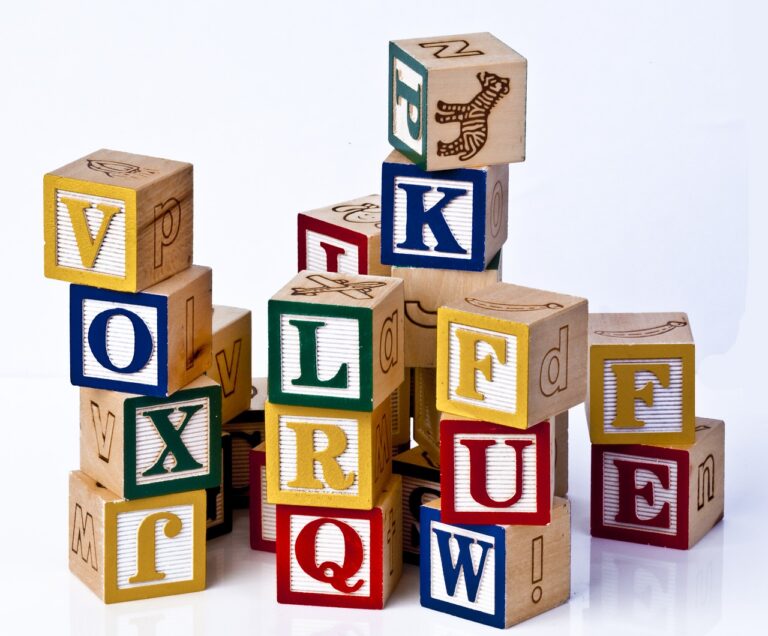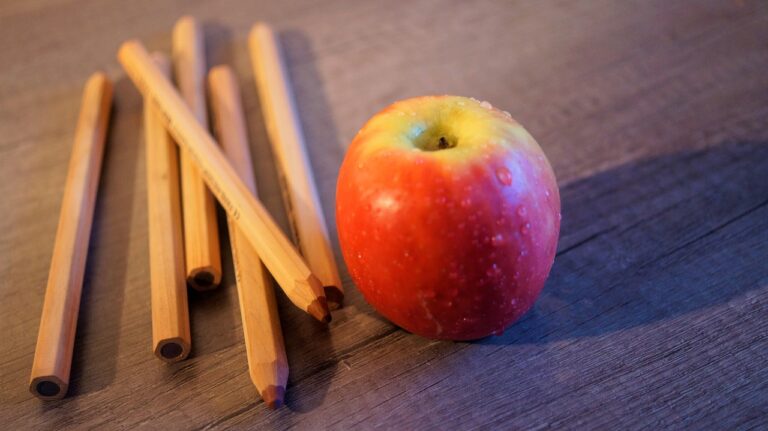Addressing Food Justice Issues in Culinary Education
allpanel 777, laserbook247.online, 99exch.in:Addressing Food Justice Issues in Culinary Education
When it comes to culinary education, there are many aspects to consider beyond just learning how to cook delicious dishes. One important issue that often gets overlooked is food justice. Food justice is the idea that everyone should have access to healthy, affordable, and culturally appropriate food. This includes addressing issues like food deserts, food insecurity, and food waste. So, how can culinary education programs incorporate food justice into their curriculum? Let’s explore some ways to address these important issues.
Understanding Food Justice
Before diving into how to address food justice in culinary education, it’s essential to understand what food justice is all about. Food justice is about creating a food system that is fair, equitable, and sustainable. This means ensuring that all people have access to healthy and nutritious food, regardless of their income level or where they live. It also involves promoting social justice, economic equality, and environmental sustainability within the food system.
Incorporating Food Justice in Culinary Education
1. Promoting Diversity and Inclusion
Culinary education programs should strive to promote diversity and inclusion within their curriculum. This means teaching students about different cuisines, food traditions, and cultural practices. By exposing students to a wide range of food experiences, culinary education programs can help foster a more inclusive and diverse culinary community.
2. Teaching Sustainable Cooking Practices
Another way to address food justice in culinary education is by teaching students about sustainable cooking practices. This includes topics like reducing food waste, sourcing ingredients locally, and supporting small-scale farmers and producers. By incorporating these practices into their curriculum, culinary education programs can help students understand the importance of sustainability in the food system.
3. Supporting Community Food Initiatives
Culinary education programs can also support community food initiatives as a way to address food justice. This could involve partnering with local food banks, community gardens, or food rescue organizations. By getting involved in these initiatives, students can learn firsthand about food insecurity and the importance of supporting the local community.
FAQs
Q: How can culinary education programs promote food justice?
A: Culinary education programs can promote food justice by incorporating diversity and inclusion, teaching sustainable cooking practices, and supporting community food initiatives.
Q: Why is food justice important in culinary education?
A: Food justice is important in culinary education because it helps students understand the social, economic, and environmental impact of the food system. It also promotes equality and access to healthy, affordable food for all.
In conclusion, addressing food justice issues in culinary education is essential for creating a more equitable and sustainable food system. By promoting diversity and inclusion, teaching sustainable cooking practices, and supporting community food initiatives, culinary education programs can play a vital role in promoting food justice. It’s time for culinary education to go beyond just teaching cooking techniques and embrace a more holistic approach that considers the social, economic, and environmental aspects of food.







